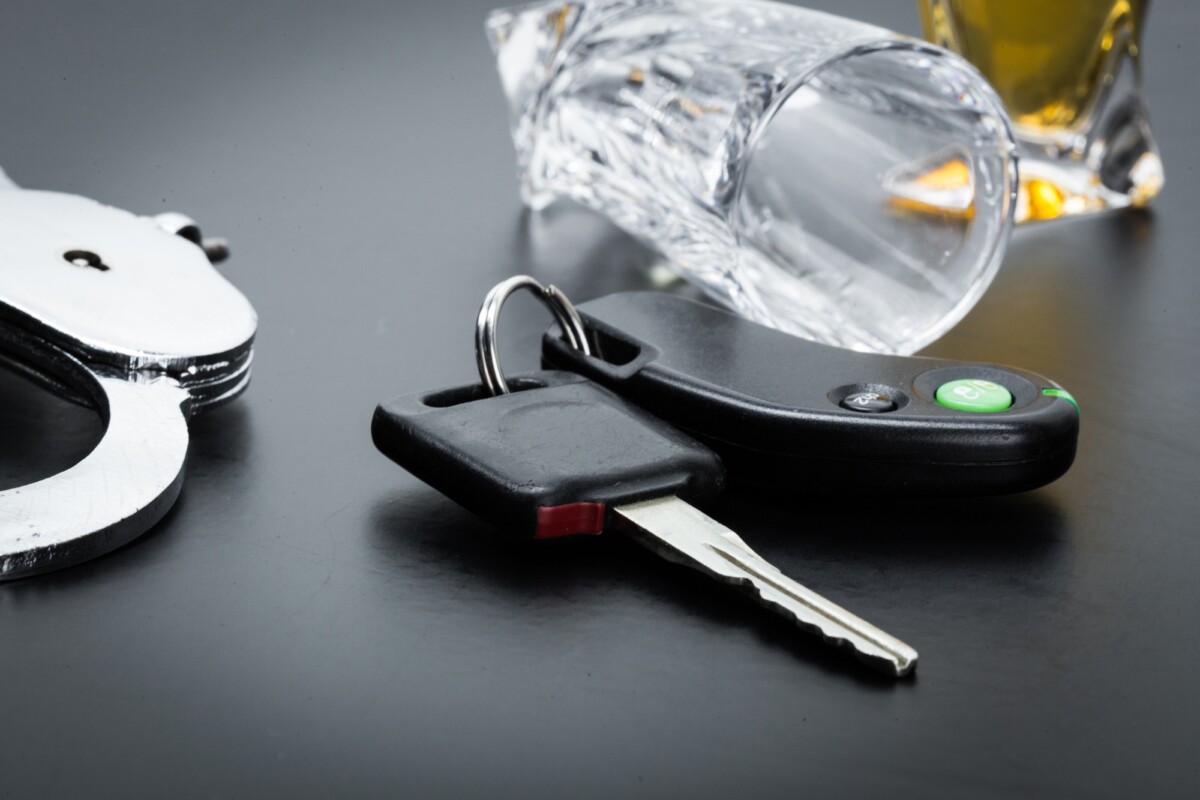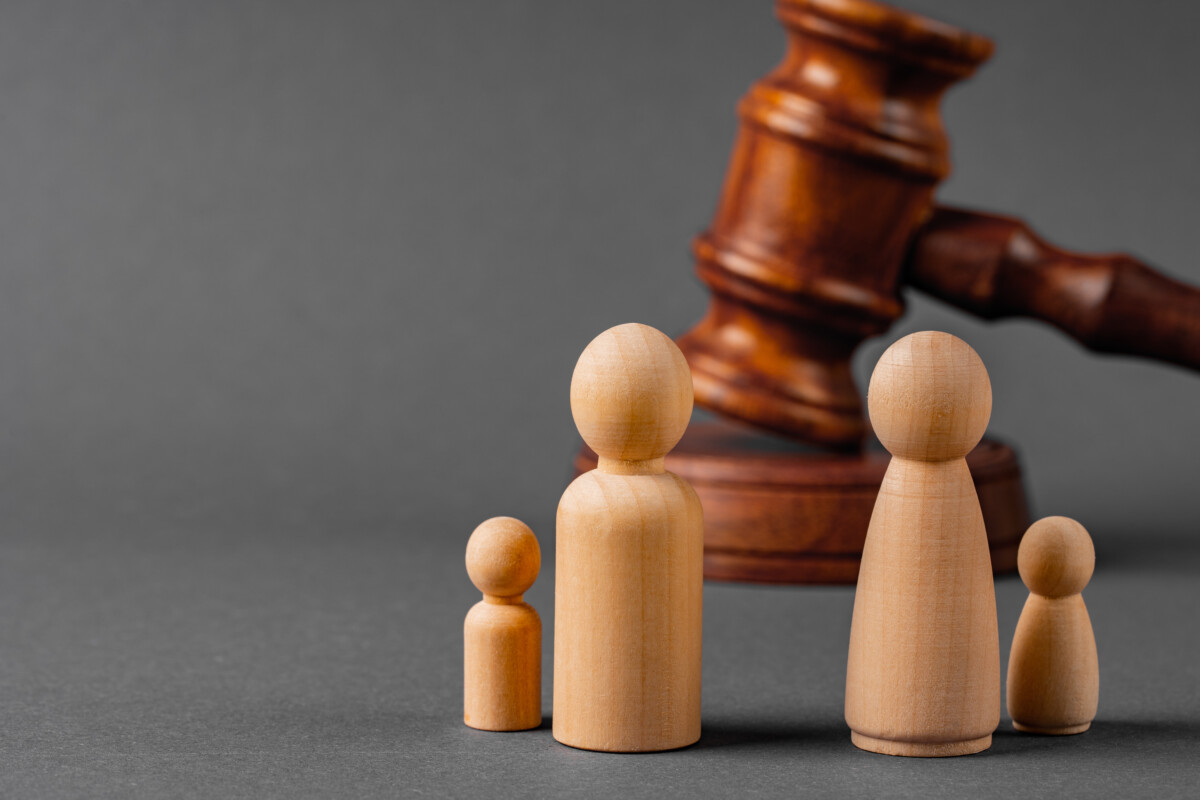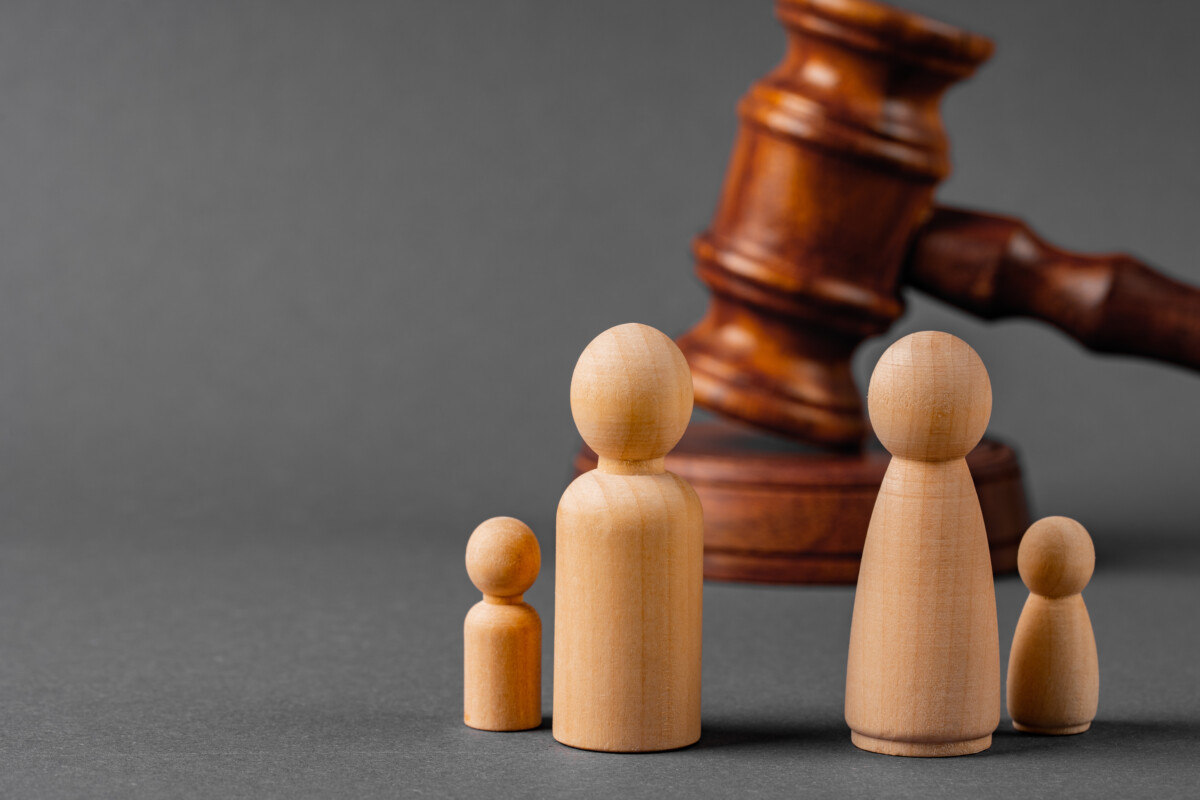DWI vs DUI Legal Opportunity Coordinator Washington

In Washington State, the terms DWI (Driving While Intoxicated) and DUI (Driving Under the Influence) are often used interchangeably in everyday conversation. However, understanding their legal equivalence, implications, and the evolving landscape of impaired driving laws is critical for legal professionals. For attorneys and law firms, this knowledge opens doors to specialized career opportunities in DUI law, a field marked by complex statutes, significant penalties, and growing demand for skilled defense and prosecution lawyers.
This comprehensive article delves into the nuances of DWI vs DUI in Washington, explores the legal framework, examines industry trends, and highlights career paths for legal professionals. It also outlines effective strategies for legal recruitment in this niche, emphasizing how Legal Case Review connects lawyers and candidates. For tailored assistance, call 833-279-1850 or visit Legal Case Review Quote Page.
Understanding DWI vs DUI in Washington State: Legal Definitions and Implications
Are DWI and DUI Different in Washington?
Legally, Washington State does not distinguish between DWI and DUI. Both terms refer to the offense of operating a motor vehicle while impaired by alcohol, drugs, or a combination of both. The official terminology used in Washington is DUI, but DWI is often used colloquially or in other jurisdictions. This means:
-
A DUI charge in Washington covers impairment by alcohol, marijuana, prescription drugs, or illicit substances.
-
The state’s laws apply the same standards and penalties regardless of which term is used.
Washington’s DUI statute (RCW 46.61.502) requires prosecutors to prove either that a driver’s blood alcohol concentration (BAC) was 0.08% or higher within two hours of driving (“per se” violation) or that the driver was affected by alcohol or drugs to a degree that impaired their ability to operate a vehicle safely.
Key Legal Elements of DUI in Washington
To secure a conviction, the prosecution must demonstrate:
-
The defendant operated or was in physical control of a motor vehicle.
-
The defendant’s BAC was 0.08% or higher, or the defendant was impaired by alcohol, drugs, or both.
-
Evidence includes breath or blood test results, officer observations (e.g., erratic driving, slurred speech, odor of intoxicants), and field sobriety tests.
Even if a breath or blood test is refused or inadmissible, the prosecution can rely on officer observations to prove impairment.
Penalties and Consequences of DUI/DWI Charges in Washington
DUI convictions in Washington carry serious consequences, reflecting the state’s commitment to deterring impaired driving:
-
Gross Misdemeanor Classification: Most DUI offenses are gross misdemeanors, with penalties including fines up to $5,000, jail time up to 364 days, and license suspensions.
-
Felony DUI: If the driver has three or more prior DUI offenses within 10 years, or prior convictions for vehicular assault or homicide while under the influence, the charge escalates to a felony.
-
License Suspension: A 90-day automatic suspension follows an arrest, even before conviction, unless the driver obtains an Ignition Interlock Permit.
-
Ignition Interlock Device (IID): Mandatory installation for at least one year after conviction.
-
Alcohol/Drug Education: Enrollment in state-approved treatment or education programs is required.
-
Vehicle Impoundment: Vehicles may be impounded in certain circumstances, especially for repeat offenders or high BAC levels.
Washington DUI convictions remain on a person’s criminal record permanently, as the state does not allow expungement of DUI or physical control convictions.
Industry Trends in Washington DUI Law: What Legal Professionals Should Know
Increasing Focus on Drug-Impaired Driving
With the legalization of recreational marijuana in Washington, DUI law has expanded to include impairment by THC. The legal limit for THC in blood is 5.00 nanograms per milliliter. This has complicated DUI prosecutions and defenses, requiring attorneys to understand toxicology and emerging scientific evidence.
Technological Advances in Enforcement
Law enforcement increasingly uses advanced breathalyzers, blood testing methods, and roadside sobriety devices. The use of body cameras and dashcams also provides new evidence sources. Legal professionals must stay current on these technologies to effectively challenge or support evidence.
Legislative Developments
Washington lawmakers periodically review DUI statutes to address emerging issues such as:
-
Lowering BAC limits (though Washington currently maintains 0.08%).
-
Expanding ignition interlock requirements.
-
Enhancing penalties for repeat offenders or high BAC levels.
Legal professionals must monitor these changes to advise clients and adjust defense strategies accordingly.
Growing Demand for DUI Legal Expertise
The complexity of DUI law, combined with high enforcement rates, sustains demand for skilled DUI defense attorneys, prosecutors, and legal consultants. Law firms specializing in DUI defense are expanding, and public defender offices seek attorneys with DUI expertise.
Career Opportunities in DUI Law in Washington
DUI Defense Attorney
Defense attorneys represent clients charged with DUI, challenging evidence, negotiating plea deals, and advocating for reduced charges or dismissals. This role requires deep knowledge of Washington DUI law, scientific evidence, and courtroom skills.
Prosecutor Specializing in DUI Cases
Prosecutors focus on enforcing DUI laws, preparing cases, and seeking convictions. They must understand legal thresholds, evidence standards, and sentencing guidelines.
Legal Consultant or Expert Witness
Professionals with expertise in toxicology, breathalyzer technology, or DUI law may serve as consultants or expert witnesses, helping courts interpret complex evidence.
Compliance and Policy Roles
Legal experts may work with government agencies, advocacy groups, or private companies to develop DUI prevention programs, compliance policies, or educational campaigns.
Building a Career in DUI Law: Skills and Strategies for Legal Professionals
To succeed in DUI law in Washington, attorneys should:
-
Master DUI Statutes and Case Law: Understand RCW 46.61.502 and related statutes, as well as relevant case law.
-
Develop Scientific Literacy: Gain proficiency in interpreting breath, blood, and drug test results, and stay informed about new testing technologies.
-
Gain Trial Experience: DUI cases often go to trial; strong courtroom skills are essential.
-
Stay Updated on Legislative Changes: Monitor proposed laws and regulations affecting DUI enforcement and penalties.
-
Network and Join Professional Organizations: Engage with groups like the Washington Association of Criminal Defense Lawyers (WACDL).
-
Seek Continuing Legal Education (CLE): Attend DUI-focused seminars and training.
Looking for DUI legal career opportunities? Connect with Legal Case Review or call 833-279-1850 to explore openings.
Recruitment Strategies for Law Firms Specializing in DUI Defense
Law firms seeking to build or expand DUI defense teams in Washington should consider:
-
Partnering with Legal Career Facilitators: Services like Legal Case Review provide access to pre-screened DUI attorneys with relevant experience.
-
Offering Competitive Compensation: Given high demand, firms must offer attractive salaries and benefits.
-
Providing Professional Development: Support CLE and mentorship programs focused on DUI law.
-
Promoting Work-Life Balance: DUI defense can be stressful; fostering a supportive environment aids retention.
-
Utilizing Technology: Leverage legal tech for case management and evidence analysis to improve efficiency.
Need help recruiting DUI attorneys? Contact Legal Case Review or call 833-279-1850.
Geographic Considerations: DUI Legal Opportunities in Washington
Major metropolitan areas with high DUI case volumes include:
-
Seattle (Zip Codes 98101, 98109): High demand for DUI defense attorneys due to large population and active enforcement.
-
Tacoma (98402, 98405): Growing legal market with DUI cases linked to urban and suburban areas.
-
Spokane (99201, 99202): Opportunities in both defense and prosecution.
-
Olympia (98501, 98502): State capital with legal and governmental DUI-related roles.
Attorneys willing to work in these areas may find more opportunities and diverse cases.
The DWI vs DUI distinction in Washington is largely semantic, but the legal and career implications of DUI law are substantial. Washington’s strict DUI laws, evolving enforcement technologies, and expanding focus on drug impairment create a dynamic environment for legal professionals. Attorneys specializing in DUI defense, prosecution, or consultation have numerous career opportunities, especially in major urban centers.
Law firms seeking to build strong DUI legal teams must adopt strategic recruitment and retention practices, including leveraging expert facilitators like Legal Case Review. Whether you are an attorney exploring DUI career paths or a firm looking to hire, expert resources and connections are essential.
For expert legal recruitment or career opportunities in Washington DUI law, contact Legal Case Review or call 833-279-1850 today.
Frequently Asked Questions (FAQs)



